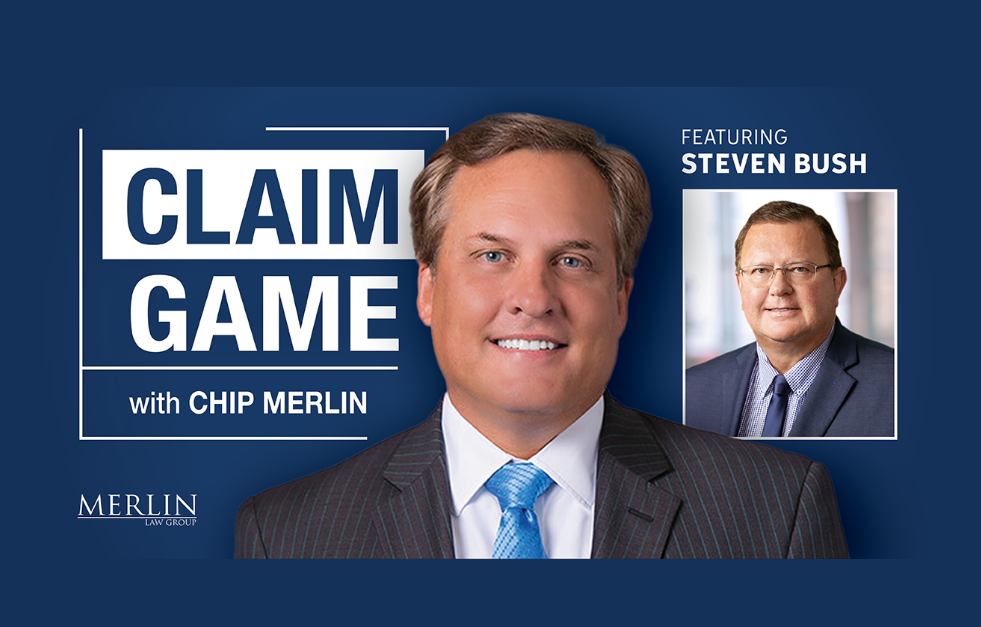Insurance agents should use two recent events to encourage their clients to purchase flood coverage. The recent Nashville Flood is one example of how quick generally unaffected areas can be swamped from rain. The other is the upcoming 2010 hurricane season, which meteorologists seem to predict as a windstorm Armageddon.
Insurance agents and brokers should read the Tennessee Insurance Litigation Blog post But I Thought I Had Flood Insurance . . . Is My Agent Responsible? It noted:
an insurance agent has a duty to his client, the insured, to make sure that he or she is appropriately insured. In fact, the very reason people use insurance agents is to gain the benefit of having someone on their side who is inside the industry, knows the language, and to advise them as to what additional coverages that might be necessary.
One common recurring theme is the scenario in which the agent never mentions flood insurance at all. There was no reference at all to the fact that flood damage is excluded from general residential and commercial policies, no mention of the fact that flood damage is available at an additional cost, and no advice at all concerning the uninsured flood risk. I believe this scenario can create liability for the agent for the otherwise uninsured flood loss.
Yesterday’s article, The 2010 Hurricane Season: How Destructive? 5 Critical Factors, explains there are even more reasons for coastal policyholders to make certain they have full coverage for flood damage:
June 1 marks the official start to the 2010 Atlantic hurricane season, and forecasters are unanimous in their assessment: It is likely to be a dangerously active storm season, on par with 2005, the worst hurricane season on record. Hurricane Katrina, the costliest and one of the deadliest hurricanes on record, came in 2005, and another hurricane passing through the Gulf of Mexico right now would exacerbate the damage from the BP oil spill.
…
All forecasters agree that the 2010 Atlantic hurricane season is likely to be very active, with many tropical storms (sustained winds of 39 mph), hurricanes (sustained winds of 74 mph) and major hurricanes (sustained winds of 111 mph). Though all forecasts are subject to the error that comes with trying to predict complex systems, there are several factors that give researchers confidence in their predictions:
No El Niño. There’s currently no El Niño, a warm pattern in the Southern Pacific, that would influence global winds in a way that inhibits hurricane formation.
Record warm sea-surface temperature. Exceptional warmth, as much as 4 degrees above average, will feed energy into hurricanes as they form. (Sea surface temperature is increasing, longterm, because of global warming; though, overall, scientists debate whether climate change will cause stronger or more frequent hurricanes, higher sea surface temperatures feed stronger storms.)
The long-term pattern. Hurricane activity seems to run on a multi-decadal cycle, and we remain in a time of high-activity."
In Rocco Calaci Contemplates the 2010 Hurricane Season, a guest blogger agreed with the above findings. Still, I find hurricane prediction highly unpredictable, as I punned in Psychic Predicts No Hurricanes On Florida’s Treasure Coast:
Many may dismiss Ms. Hansen’s predictions. Could she be any worse than the more traditional and scientific hurricane soothsayers?
…In the short term, the chances of Susan Hansen’s predictions being right are probably no better than the expensive models which try to guess the probabilities of the number and track of hurricanes in the next five years….Even insurance company hurricane predictors admit their models have not proven reliable. Maybe the underwriters of property insurers should call Susan Hansen, and save a lot of money otherwise spent on those short term forecasts.
Cover your bets and purchase flood insurance. Safe is better than sorry.



